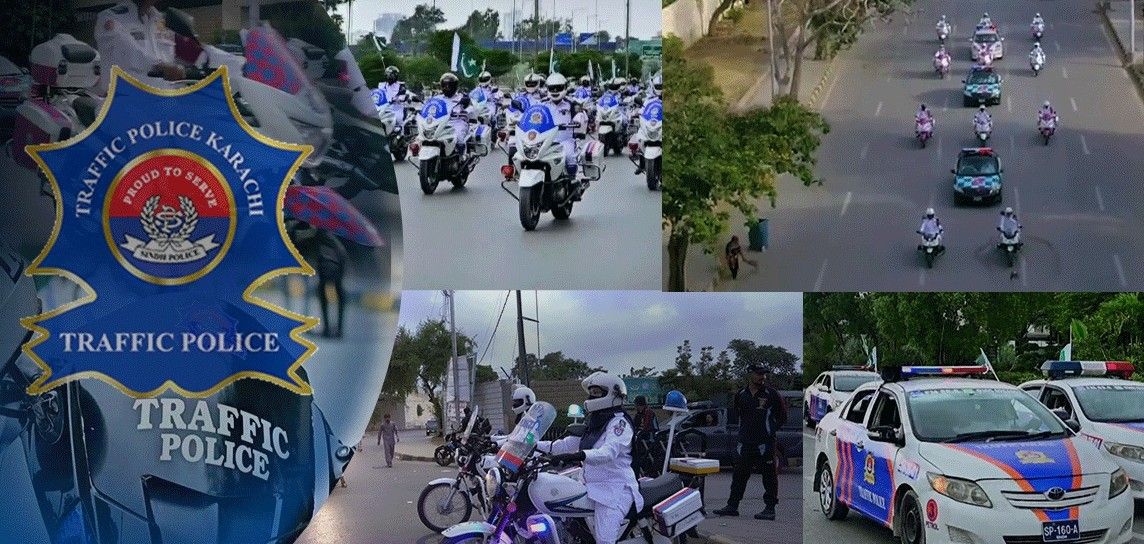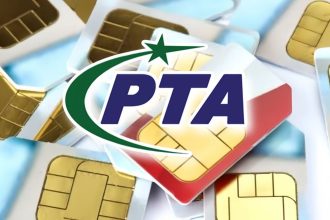The Sindh government has issued a directive requiring all government officials to personally pay traffic e-challan fines. This decision follows the observation of an increase in traffic violations by officials using government vehicles across various departments.
Since the implementation of the e-challan system in Karachi, numerous violations involving government vehicles have been recorded. The automated traffic tickets have been arriving directly at government offices, prompting administrative action.
The provincial government issued a formal order on Saturday mandating that officials must pay challan amounts from their personal funds. This policy applies to all traffic violations committed while operating government vehicles.
The official communication was distributed to senior administration members across Sindh. Recipients included members of the Board of Revenue, chairmen of various commissions and tribunals, administrative secretaries, and regional commissioners.
Read: Whats the Speed Limit on Shahrah Faisal with New E-Challan System
According to the government letter, the e-challans originated from the Traffic Regulation and Citation System (TRACS) operated by Sindh Police. These violations fall under Section 116-A of the Motor Vehicles Ordinance, 1965. The documented infractions include driving without fastened seatbelts, using vehicles with tinted glasses, disregarding red traffic signals, and operating mobile phones while driving. These violations triggered the new personal payment requirement.
Simultaneously, authorities have installed speed-limit signage along Karachi’s major thoroughfare, Sharea Faisal. DSP (Admin) Kashif Nadeem confirmed specific speed restrictions for different vehicle categories. Cars, jeeps, and motorcycles must adhere to a 60 kilometres per hour limit on Sharea Faisal. Heavy vehicles, including buses and trucks, face a stricter 30 kilometres per hour restriction to enhance road safety.






